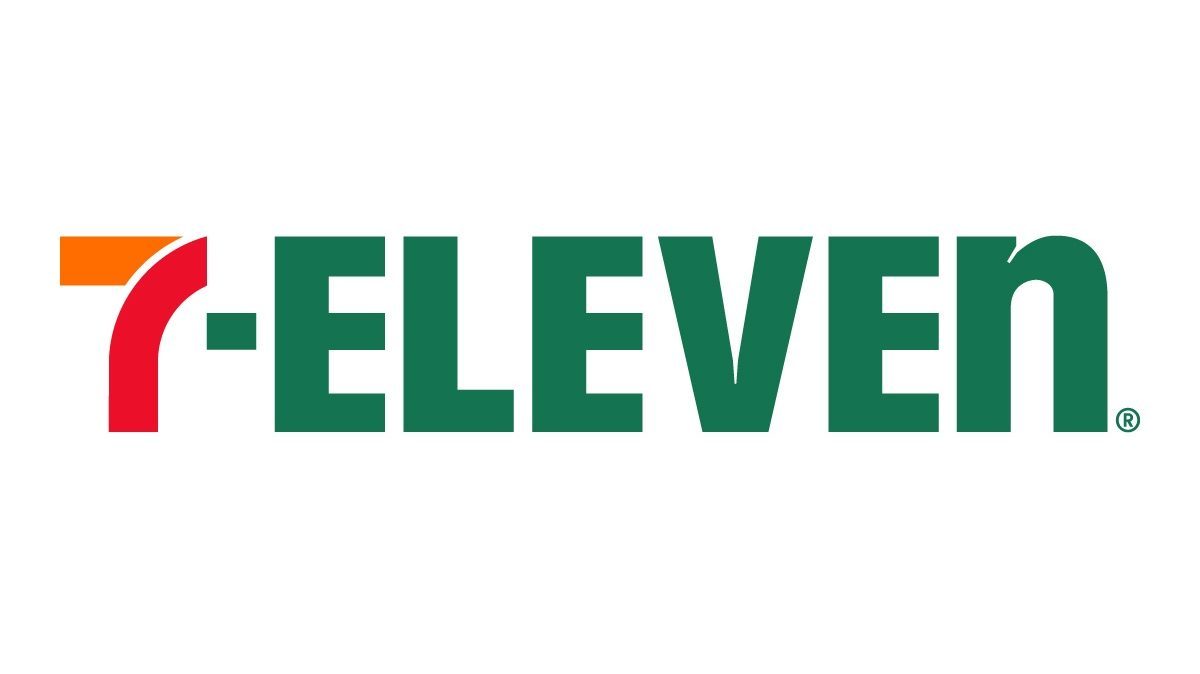By Ben Lobel on Small Business UK - Advice and Ideas for UK Small Businesses and SMEs
Choosing the right business bank account is an opportunity to get your business fundamentals right from the beginning. While it may be inconvenient to maintain a separate account for both your personal and business activities, it is good practice to do so to keep your accounts apart.
Here, we’ll look at how to go about opening a business bank account in the UK and what options are out there.
Pros of having a business bank account
Having a business bank account is a good idea for most businesses; even freelancers and one-man-bands.
As a sole trader, you may want to open a business bank account for a few reasons.
Firstly, your bank may specify that a personal account is for personal use only and threaten to close your account if they see a large number of business-related transactions.
Secondly, if your personal costs are mixed up with your business costs, it could be difficult for you to inform HMRC about how much money your business has made.
Finally, having a dedicated bank account is likely to make your business appear more professional to clients and partners.
It’s important to be aware of the process to open an account, otherwise you could waste a lot of time choosing the wrong one for your needs.
What documents and details do I need?
For businesses setting up a bank account in the UK, the process is relatively straightforward, as long as you comply with the eligibility criteria. Make sure you have the following documents to hand when you open your account:
One document to prove your identity:
- Your full and valid UK or foreign passport
- Your national identity photocard
- Your full UK paper driving licence
- Your full UK or foreign photocard driving licence as issued by a member state of the EU or the EEA
One document to prove your address in the UK:
- Your full UK driving licence;
- Your full UK or foreign licence photocard driving licence as issued by a member state of the EU or EEU;
- UK or foreign bank or credit-card statement (must be less than three months old and not printed from the internet);
- UK mortgage statement (less than 12 months old and not printed from net);
- Council tax bill, payment book or exemption certificate (must be less than 12 months old);
- A letter or bill from a utility company (less than six months old, avoid mobile phone bill).
Business-wise, you’ll need:
- Your Companies House registration number (if you have one)
- Details about your business including turnover, tax information and other capital
- Details of all company directors or partners, including name, date of birth, address and National Insurance number
How to open a business bank account
The steps involved in opening a business account can vary between banks.
It’s advisable to start by researching the options online. Whether you can make your application online depends on the bank.
You should tell the bank if you have foreign shareholders and/or directors of your business and that you need a UK business bank account (rather than an international business bank account that’s held offshore).
When the bank account is open, you are free to use your local bank branch for your banking needs on a day-to-day basis.
For more information on opening a business account in the UK from abroad you can contact the government’s Invest in Great Britain & Northern Ireland hub.
Business banking monthly fees
It is typical for there to be monthly fees charged for business bank accounts and users should be aware of this before they open an account.
Most UK business bank accounts come with an introductory offer such as free banking lasting for anywhere between 12-30 months.
While these are tempting, always make sure you know how much you will end up paying once the introductory period is over.
As a general rule, the more transactions you make on the account, the higher the charges are likely to be.
How long does it take to open a business bank account in the UK?
It can take anything from a matter of minutes to a matter of weeks for a bank account application in the UK to be approved and possible meetings to be arranged, so make sure you factor this time into your business planning process.
With some operators, for example Metro Bank, it is possible to walk into a branch and make an appointment that day. Digital banks promise a quick application as the process is all done online.
Best business bank accounts in the UK
There are a variety of retail bank accounts available in the UK, including the high street banks; Barclays, HSBC, NatWest/RBS, Santander, Metro Bank, TSB and Lloyds/Bank of Scotland.
But it’s worth being aware that the best business account for your needs may not always be one of the high street banks.
When you look at business account comparisons it may also be worth considering newer-established “‘challenger” banks such as Starling Bank or Tide.
Remember that “best” is subjective and that your needs as a business are paramount. For example, look at the software that you already use, such as accounting platforms. Matthew Boyle, banking and mortgages publisher at finder, also advises you to think about the ways that you take payments.
If it’s by cheque or largely by cash, it’s wise to be with a high street bank that has a branch near your business.
Here are the key accounts from both traditional banks and digital platforms.
Traditional banks
BarclaysEligibility: Suitable for most businesses with a turnover of up to £6.5 million. Specific criteria for businesses in certain sectors e.g. agriculture, social housing
Free banking period: 12 months
Account fee: £8 a month (Mixed Payments Plan) £8.50 a month (e-Payments Plan)
Eligibility: Customers must be £1,000 in credit at all times to qualify for free banking (will be £7 otherwise)
Free banking period: 30 months
Account fee: £7 a month
Eligibility: Customers must be £1,000 in credit at all times to qualify for free banking (will be £10 otherwise)
Free banking period: 30 months
Account fee: £10 a month
Eligibility: For Federation of Small Businesses members
Free banking period: Free
Account fee: n/a
Eligibility: For single-director limited companies or sole trader with turnover up to £2m
Free banking period: 12 months
Account fee: £6.50 a month
Eligibility: Turnover below £2m and your business does not wish to borrow more than £30,000
Free banking period: 12 months
Account fee: £8 a month
Eligibility: Start-Up and Small Business Account is aimed at businesses with estimated turnover of up to £3m
Free banking period: 12 months
Account fee: £7 a month
Eligibility: Businesses must have a turnover under £2 million
Free banking period: Free for account balances over £6,000
Account fee: £6 a month
Eligibility: Suitable for businesses with turnover of over £1m
Free banking period: No – standard tariff applies
Account fee: n/a
Eligibility: For businesses with turnover of less than £1m
Free banking period: 18 months
Account fee: Free – charges apply
Eligibility: For businesses that have been trading for over 12 months
Free banking period: No – standard tariff applies
Account fee: n/a
Eligibility: For businesses with turnover of less than £1m
Free banking period: 24 months
Account fee: Free
Eligibility: Trading for less than 12 months and business is opening first business account with Santander
Free banking period: Discounted monthly fee of £5 for start-ups for 18 months and switchers for 12 months
Account fee: £12.50 a month
Eligibility: Trading for less than 12 months and business is opening first business account with Santander
Free banking period: 18 months
Account fee: £7.50 a month
Eligibility: Open to sole traders, partners and directors
Free banking period: 30 months
Account fee: £5 (waived if your average balance in the month is £10,000 or more)
Eligibility: Suitable for businesses with turnover of less than £6.5m
Free banking period: 25 months
Account fee: £6.50 a month
Eligibility: For businesses with an annual turnover less than £1 million
Free banking period: Permanent
Account fee: n/a
Digital banks
ANNAFeatures:
– Smart invoicing
– Automatically chase outstanding payments
Pricing: Free – pay as you use + VAT, £14.90 a month + VAT, £49.90 a month + VAT
Features:
– Text alerts confirming when money is in and to confirm that bills have been paid
– Up to four additional prepaid corporate MasterCards linked to your business account
– Export statements to a cloud accounting network
Pricing: £12.50 a month plus a £55 application fee
Features:
– Add up to 20 additional business expense cards for your employees to use
– Cashplus integrates with accounting software
Pricing:
Business Go: £0, Business Extra: £9
Features:
– Automated bookkeeping, professional invoices and automated receipt scanning as key features along with tax calculated and filed for you
– Add notes and attachments directly to your transactions
– Receipt capture and tax estimate
Pricing: First three months free then: £3 a month if you deposit up to £750; £9 is you deposit £750-£750,000; £18 a month unlimited deposits
Features:
– Create and send invoices directly from your smartphone, complete with company logo
– Manage recurring payments in-app, add receipts to transactions and export your expense data
– Can connect with Xero, Freeagent and Quickbooks
Pricing: Free to use and free to join
Features:
– Integrations with Xero, FreeAgent and QuickBooks
– Set aside a percentage of your earnings to put towards tax every time you’re paid
Pricing:
Lite: Free, Pro: £5
Features:
– Hold, exchange and transfer currencies with real exchange rate
– Issue free corporate cards to employees
– Perks from commercial partners
Pricing:
Companies pay between £0 – £100 a month, depending on the account (or they can speak to Revolut and get a bespoke deal); Freelancers pay £0 for the free account, £7 a month for the Professional account and £25 a month for the Ultimate account
Features:
– No monthly fees,
– Categorised transactions
– Integration with Xero, FreeAgent and Quickbooks
– Overdraft facility
Pricing:
No monthly fee, can add a monthly £7 ‘business toolkit’ for extra functionality
Features:
– No fees on card payments in UK or abroad
– Tide Mastercard
– Instant invoicing, integration with FreeAgent, Sage and Xero
Pricing:
Free (£0), Plus (£9.99), Pro (£18.99), Plus Cashback (£49.99)
Features:
– Create multi currency cards
– Xero integration and expense management
Pricing: Free (£0). Small currency conversion fee applies
Features:
– Get a Wise business debit card too where you can earn 0.5 per cent cashback on all eligible business debit card transactions
Pricing: It costs £45 to open an account and £3 for a Wise debit card. Other charges vary
Features:
– Unlimited free bank transfers
– Access sales cash in your business bank account the next working day (including weekends and bank holidays)
Pricing: Free (other charges apply)
Read more
What are the best bank accounts in the UK?
12 of the best digital banking platforms for small businesses
The post Opening a business bank account – how-to and best accounts appeared first on Small Business UK.
Original Article





